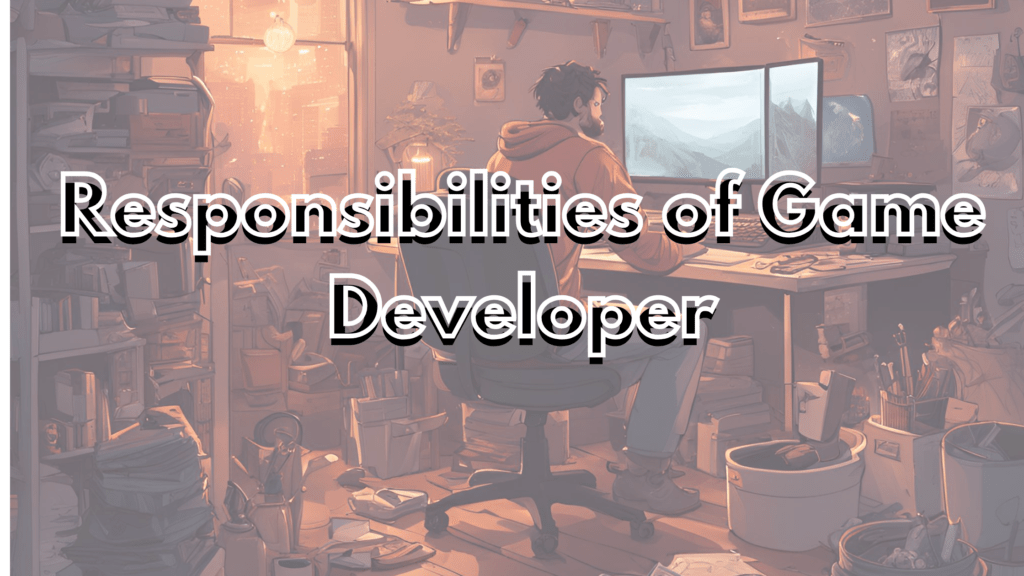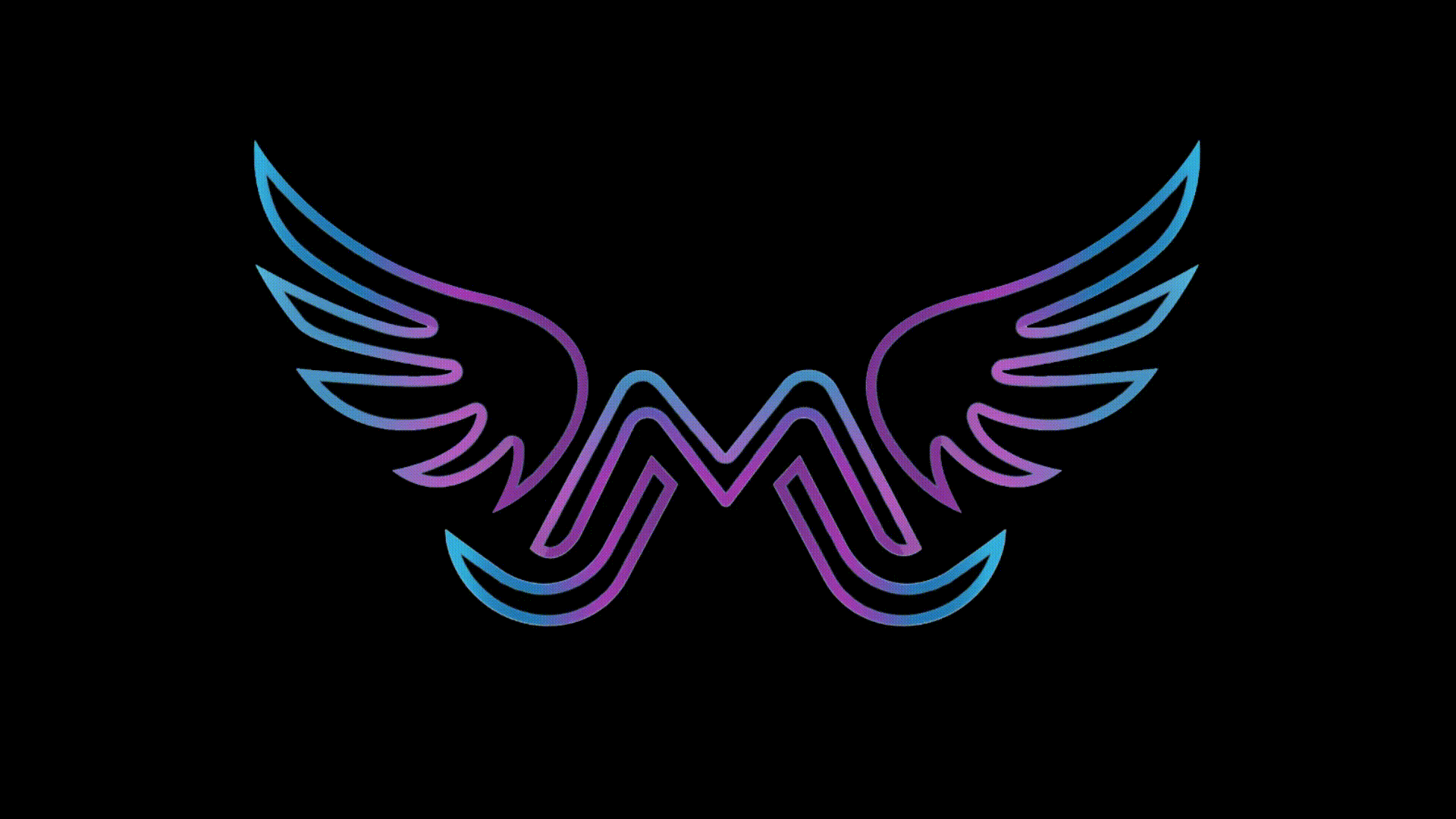Recent Posts
- January 6, 2025 Plants vs Zombies Video Games: The Ultimate Guide
- January 6, 2025 Mobile Game Development: 20 Best Game Engines for Android and iOS in 2025
- January 3, 2025 Web Development In Depth Guide
- December 31, 2024 How Will AI Disrupt Video Game Industry in 2025?
- December 30, 2024 From RPG Epics to Action Hits: The Best AAA Games 2023/2024 You Need to Know About

What Are the Responsibilities of Game Developer
Who is a Game Developer?
A game developer is a skilled expert who merges technical expertise with creativity to design and build video games. Game developers are responsible for creating the gameplay mechanics, crafting engaging levels, and integrating elements such as art, sound, and narrative that bring a game to life. They may specialize in different areas of game creation, including coding, design, audio, and quality testing, but all work together to create an enjoyable experience for the player. Their role requires a balance of artistic imagination and logical problem-solving, and they continuously adapt to new technologies and trends in the gaming world.
What Are the Responsibilities of Game Developer?
Game developers are the professionals behind the creation of video games. Their work involves crafting engaging and functional gameplay, implementing game mechanics, and incorporating audiovisual elements into a cohesive and enjoyable player experience. Below are their key duties:
- Designing Game Mechanics: Creating the core gameplay systems and features that define the game.
- Programming: Writing clean, efficient, and maintainable code using programming languages such as C++, C#, or Java.
- Collaboration: Working closely with designers, artists, and other developers to ensure a unified vision for the game.
- Testing: Debugging and refining code to ensure the game’s stability and smooth performance.
- Using Game Engines: Leveraging tools like Unity or Unreal Engine to develop and test game prototypes.
- Integrating Media: Adding graphics, audio, and animations into the game to enrich the player experience.
- Optimizing Performance: Ensuring the game runs efficiently across various platforms.
- Review and Feedback: Participating in design reviews and offering insights for improvement.
- Continuous Learning: Keeping up with new gaming technologies and industry trends.
- Maintaining Documentation: Creating detailed records of the development process and resources.
- Player Engagement: Gathering and responding to player feedback to improve the game.
Daily Responsibilities of Game Developers at Different Career Levels
The tasks of a game developer evolve with experience. Entry-level developers focus more on coding and learning, while mid-level and senior developers take on more complex projects and leadership roles.
Entry-Level Game Developer
- Writing code for new features and debugging issues.
- Assisting in integrating game assets.
- Participating in code reviews and learning best practices.
- Testing and documenting code changes.
- Collaborating with senior developers and other teams.
Mid-Level Game Developer
- Designing and implementing game systems.
- Optimizing code for performance and scalability.
- Providing feedback on gameplay and design.
- Mentoring junior developers and conducting code reviews.
- Documenting technical systems and processes.
Senior Game Developer
- Leading the technical direction of the project.
- Designing complex game systems and making high-level decisions.
- Collaborating with stakeholders to ensure the project aligns with business objectives.
- Mentoring junior and mid-level developers.
- Driving innovation and exploring new game development technologies.
Types of Game Developers
The field of game development includes a variety of specialized roles, each essential to building different aspects of a game. These roles require different skill sets and contribute in unique ways:
- Gameplay Programmers: Focus on creating the rules, objectives, and interactive elements that define the player experience.
- Engine Programmers: Develop the underlying technology that powers the game, including graphics rendering and physics.
- AI Programmers: Design and implement artificial intelligence that controls NPC behaviour and enhances the gameplay experience.
- Tools Programmers: Develop software tools, such as asset editors and level design tools, that help other team members.
- Network Programmers: Work on multiplayer aspects of games, ensuring smooth online connectivity and performance.
- Graphics Programmers: Specialize in implementing visual elements like rendering, lighting, and shading.
- Audio Programmers: Integrate sound effects, music, and voiceovers to enhance the game’s immersive experience.
What’s It Like to Work as a Game Developer?
Being a game developer involves working at the intersection of technology and creativity. Developers spend their days designing engaging game mechanics, writing code, and collaborating with other team members. The job requires a passion for gaming, an innovative mindset, and the ability to adapt to the evolving nature of the industry. Developers are often driven by a desire to create something new and exciting, constantly pushing the boundaries of what’s possible in the world of gaming.
The Work Environment of Game Developers
The environment in which game developers work can vary greatly. While some may work in small indie studios, others might be part of large gaming corporations. Regardless of the setting, most game development teams are collaborative, and communication plays a key role in ensuring the game meets its design goals. With the increasing shift to remote work, many game developers now have the flexibility to work from home or in co-working spaces.
Working Conditions of Game Developers
Game developers often work full-time, but the hours can become long, especially near important deadlines or during “crunch time.” This intensive period involves extra hours to finalize the game before release. The role requires developers to spend a lot of time coding, refining gameplay mechanics, and ensuring the game runs smoothly. Despite the pressures of the job, the sense of accomplishment that comes from seeing a game launch and gain player appreciation is immensely rewarding.
Challenges of Being a Game Developer
Game development is not without its challenges. Developers need to have a strong grasp of programming, creativity, and problem-solving skills. The industry moves quickly, and developers must stay ahead of technological trends and meet the ever-growing expectations of players. Moreover, working with teams across various departments requires good communication skills. The ability to adapt, solve problems under pressure, and work collaboratively is essential in this field.
Is Game Development a Good Career Path?
Game development is an exciting and rewarding career path for those passionate about gaming and technology. The industry continues to grow, with opportunities for creativity and innovation. Game developers enjoy competitive salaries, the chance to work on diverse projects, and the satisfaction of contributing to one of the most influential forms of entertainment. For those looking for a career that blends art with science, game development offers numerous opportunities for growth and personal fulfilment.
Frequently Asked Questions about Game Developers
- How do Game Developers work with other teams? Developers collaborate with artists, designers, sound engineers, and QA teams to integrate all aspects of the game into a cohesive experience. They also work closely with producers to meet deadlines and project milestones.
- What challenges do Game Developers face? Common challenges include tight deadlines, complex technical issues, and balancing creativity with commercial goals. Game developers also need to keep up with rapid technological advancements and manage the pressures of working within large teams.
- What is the typical career progression for Game Developers? Game developers often begin as junior developers, gaining experience in coding and game design. They take on more complex tasks and leadership roles as they progress, eventually becoming senior developers or technical directors. Career advancement is based on both experience and personal achievements within the industry.

